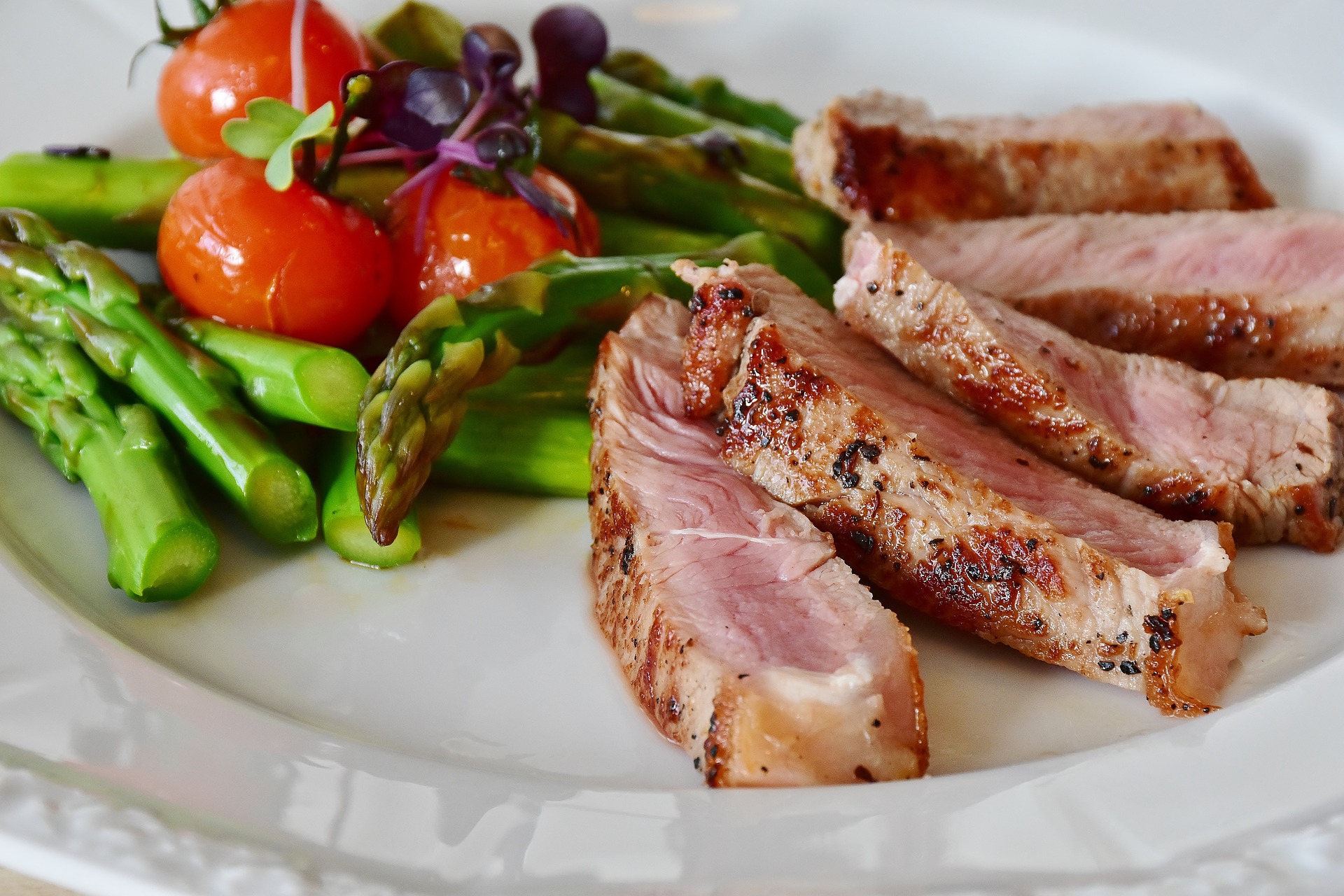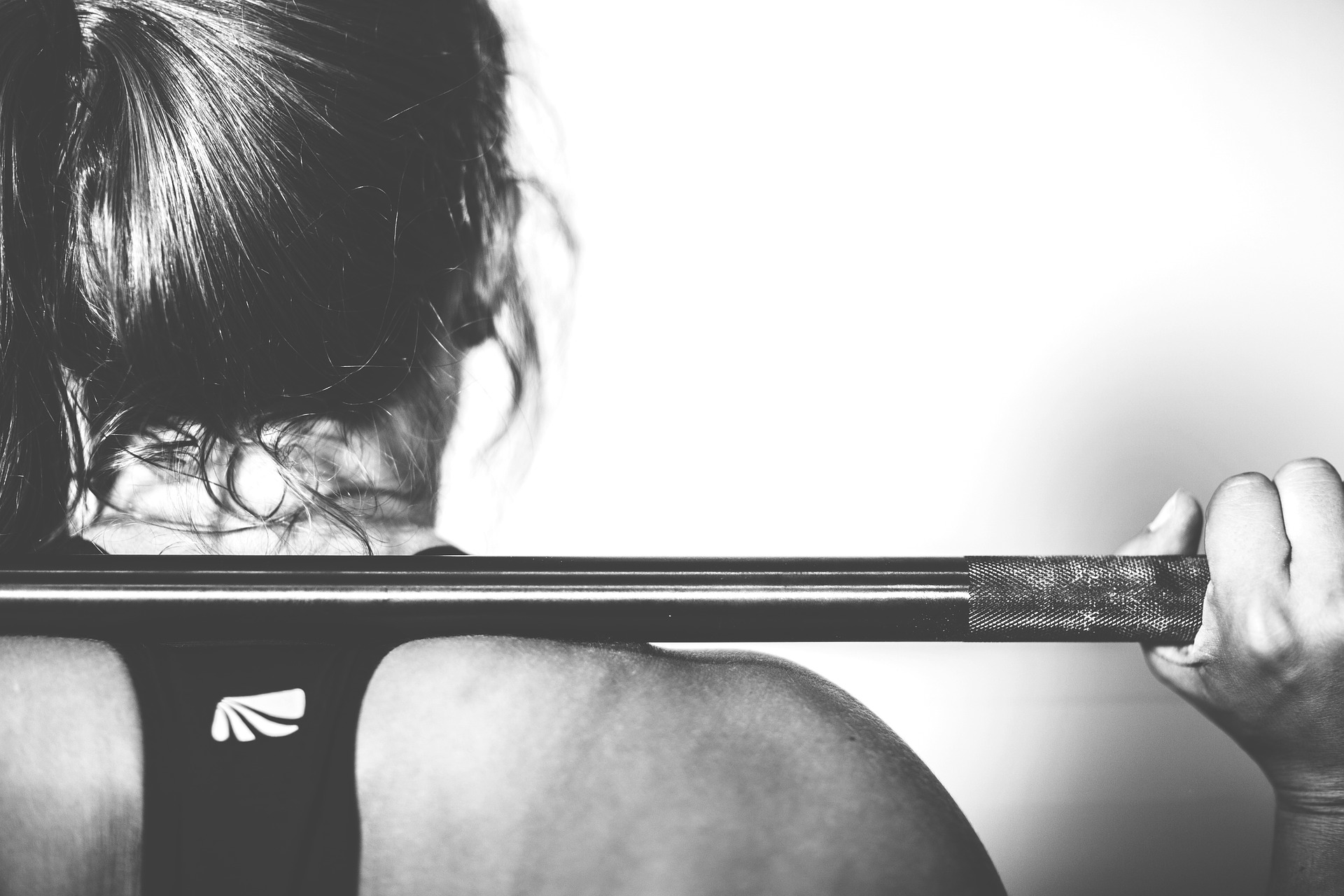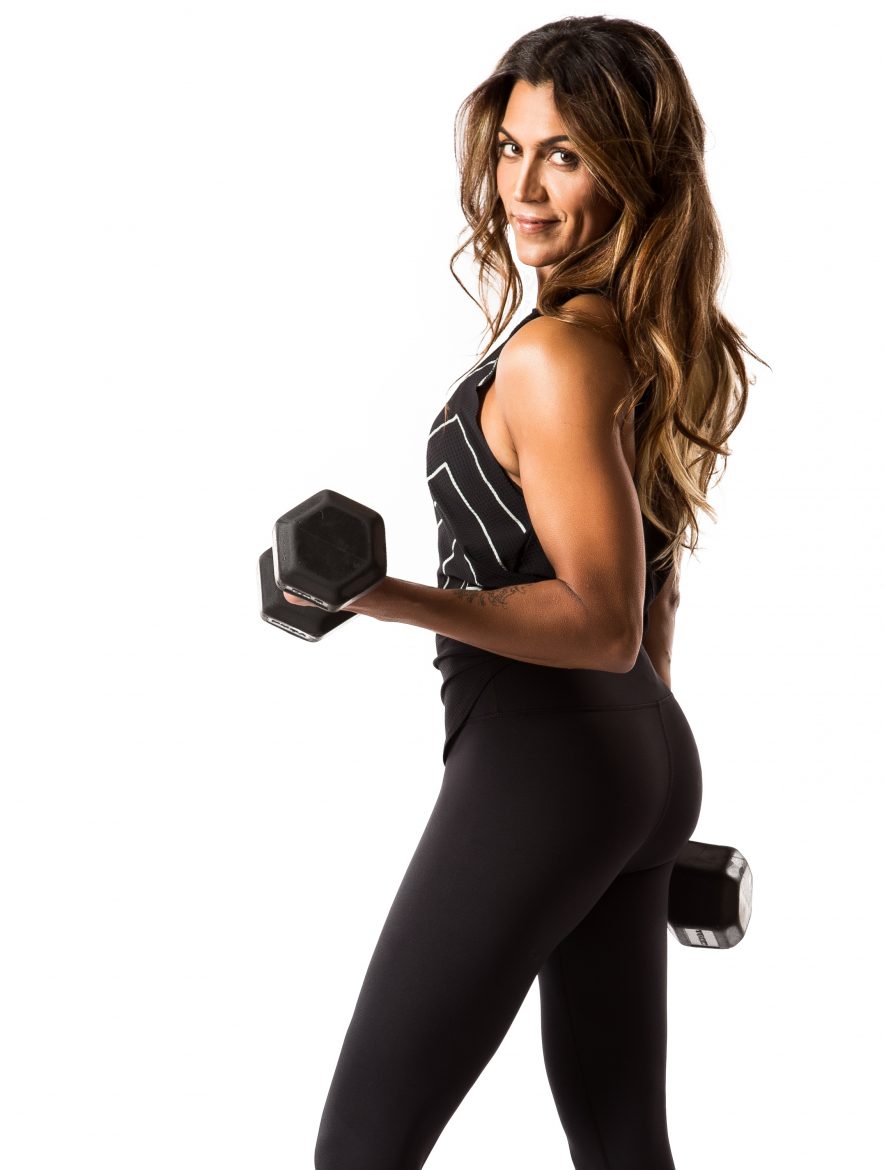Creator of HIITBOX, Barry’s Bootcamp ME Director of Performance, Muay Thai Boxer and more, Sonja Moses knows a thing or two about keeping the body and mind fit and healthy. Which is why the all-around fitness expert is offering up her expert tips on staying on top of your workout regime during the Holy Month of Ramadan, helping you to intertwine fasting and fitness.

Here's what you need to know about staying fit this Ramadan
When you’re spending the entire day fasting and the evenings tucking into all your favourite dishes, fitting your fitness into your routine might be the last thing on your mind. Or if you spend your life in the gym the other eleven months of the year, cutting back accordingly throughout Ramadan might leave you with a sense of dread. But whatever your approach, there is a way to do it right.
Which is where Sonja Moses comes in. Fresh from leading a fitness and mindfulness retreat in Thailand, the Spiritual Sports Coach is back in Dubai both leading sessions and Barry’s Bootcamp and working with her personal clients, helping them not just survive but thrive throughout the month. From eating right as you break your fast to switching up your approach to cardio, here’s what the HIITBOX Creator and former Nike Global Master Trainer has to say.
Sonja Moses’s Fitness & Fasting Tips For Ramadan

Sonja Moses, Barry’s Bootcamp ME Director of Performance, gives her tips for staying fit while fasting
Hydration
When fasting and incorporating fitness training into your routine for Ramadan, it is so important to stick to a good nutrition and hydration schedule. Sensible water loading is key. During Iftar and Suhoor 0.8-1.0litres of water per hour should be consumed (as this is the amount your kidneys can filter) unless you have health conditions. Consuming too much water on the spot can actually be detrimental.
Nutrition
During Suhoor, opt for slow release carbs with a low GI index such as oats to give you prolonged energy with some mixed unsalted nuts. As tempting as can be, avoid coffee and tea as they are diuretics and will dehydrate you further.
When it comes to Iftar, it’s important to prioritise proteins and vegetables to curb those sugar cravings when breaking fast. Your blood sugar levels will be low, hence why sugar foods may seem the most appealing as the sun sets, but stay focused on keeping your body clean and serene.
Strength Activations and Mobility
I am a massive advocate of starting the day with daily practice and rituals, and usually, I will skip or run on the balls of my feet every morning for half an hour. I usually prescribe my clients likewise strength activations and mobility exercises accordingly. But when you’re spending the rest of the day in a fasted state, this is not a productive start to the day.
I recommend switching out any intensive exercise for a gentle five-minute bounce or walk on the balls on your feet along with a mobility and stretching routine – for me, that’s a routine similar to a sun salutation. If it’s a part of your usual routine to begin with, you can include some body weight strength drills such as glute bridges, press ups, chin ups, sit ups, squats in the morning – but performed at a slower pace. It is a great way to focus on correct movement whilst reconnecting with mind, body and spirit.
Cardio Training
Cardio sessions should be shorter and interval training is favourable. The emphasis should not be on working your body to the maximum, but on feeling strong and practising good technique at the moment you’re in. For example, focus on your runs being solid rather than fast and to the point of exhaustion. Remember your body is in calorie deficit, so strength training should be slower and more controlled, and not to failure. Use it as a time to pay attention to proper form and alignment and to connect with the body.
Self Reflection
Remember that Ramadan is time to reflect on yourself and remember what is really important in life, be free of your ego and fully connected with your soul. To do this you have to be kind to yourself and frequently remember the ‘whys’ of doing what you are doing. Even though you may lose weight, this should not be at the centre of your motivation. Reflect and remember in those moments where you are suffering and depriving yourself of things that are normally taken for granted (food and drink) that there are less fortunate who go through this suffering daily without a choice.
Keep an eye out for Sonja’s weekly diary on her own experience of fasting and fitness throughout Ramadan HERE.
READ: This Gadget Could Help You Stay Active During Ramadan
READ: Ramadan 2019: Charitable Causes To Sign Up For and Easy Ways To Give Back
READ: Iftar Buffet 2019: The Best Places in Dubai to Eat and Celebrate Ramadan This Year


















